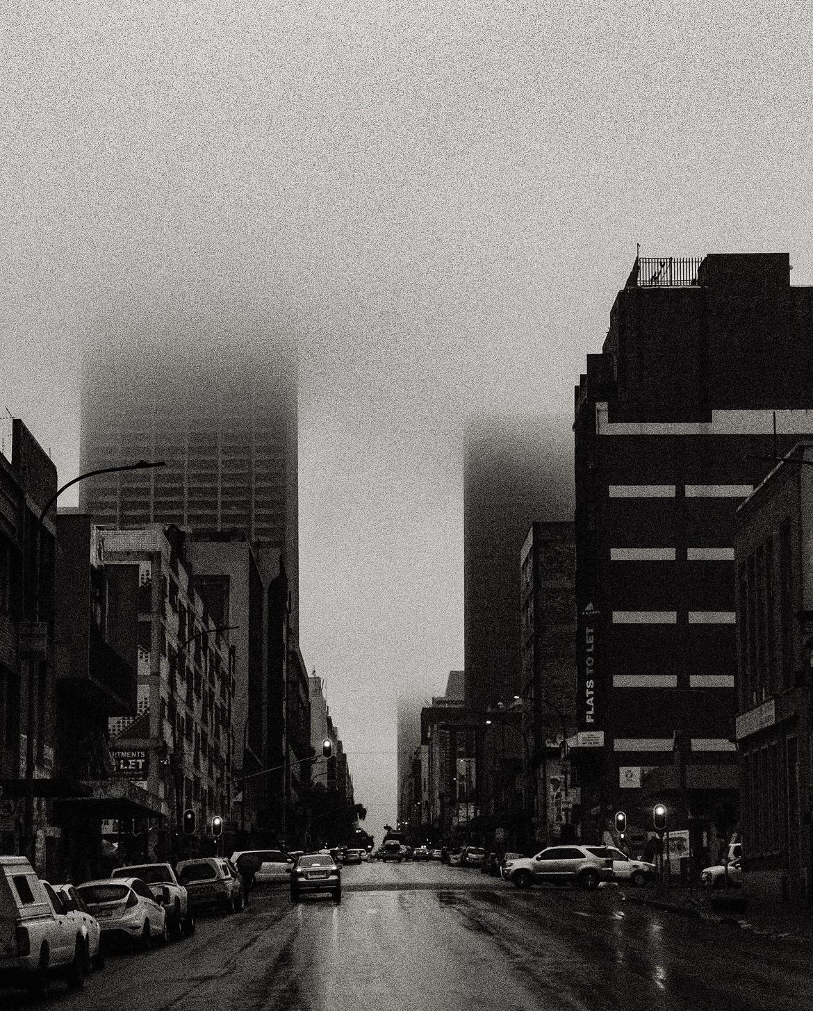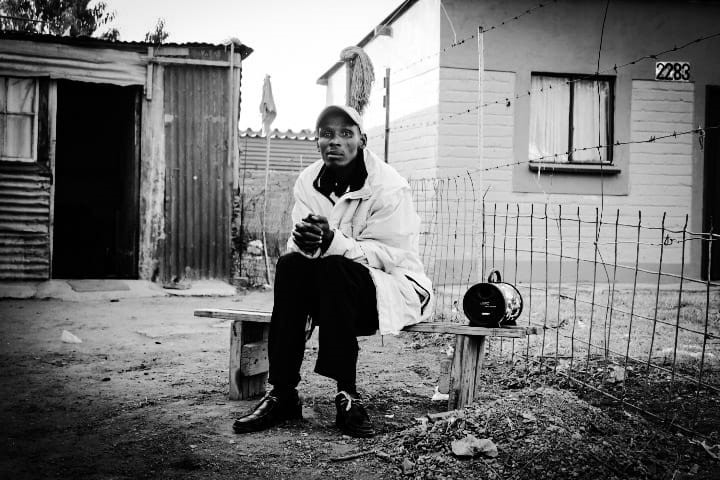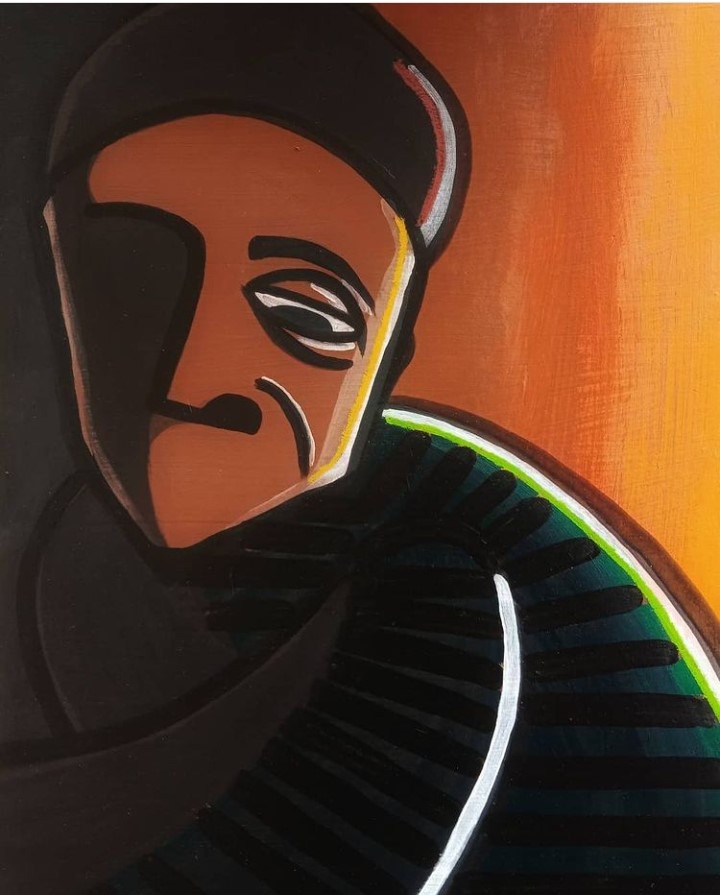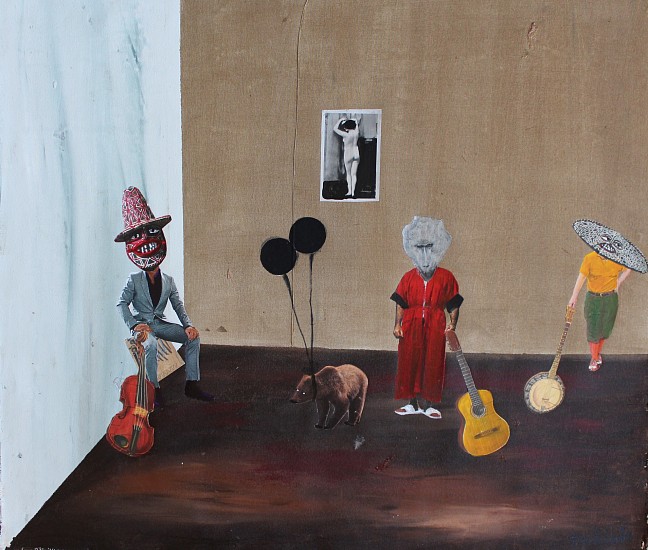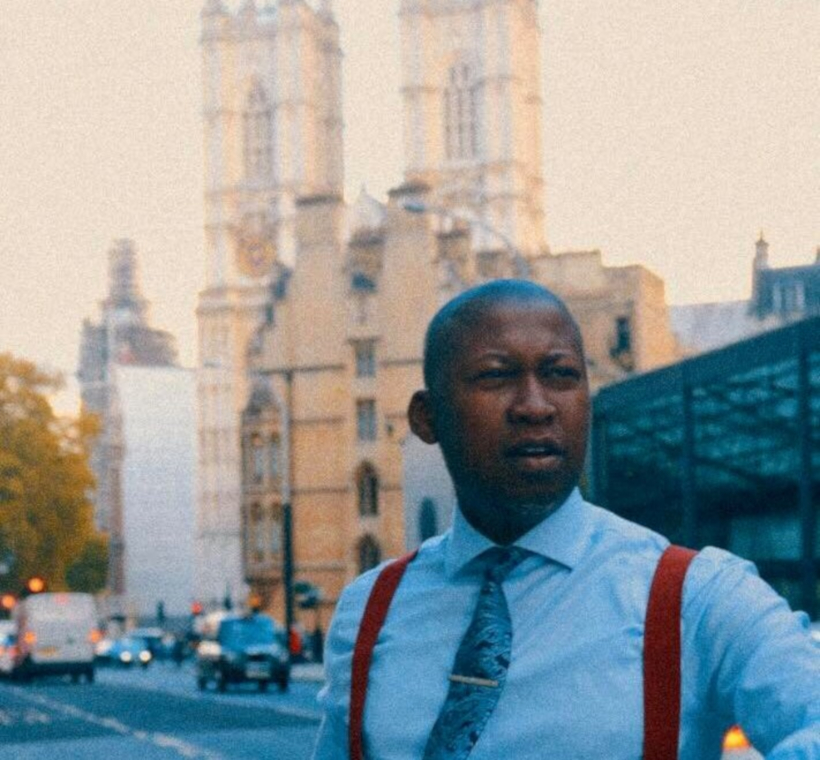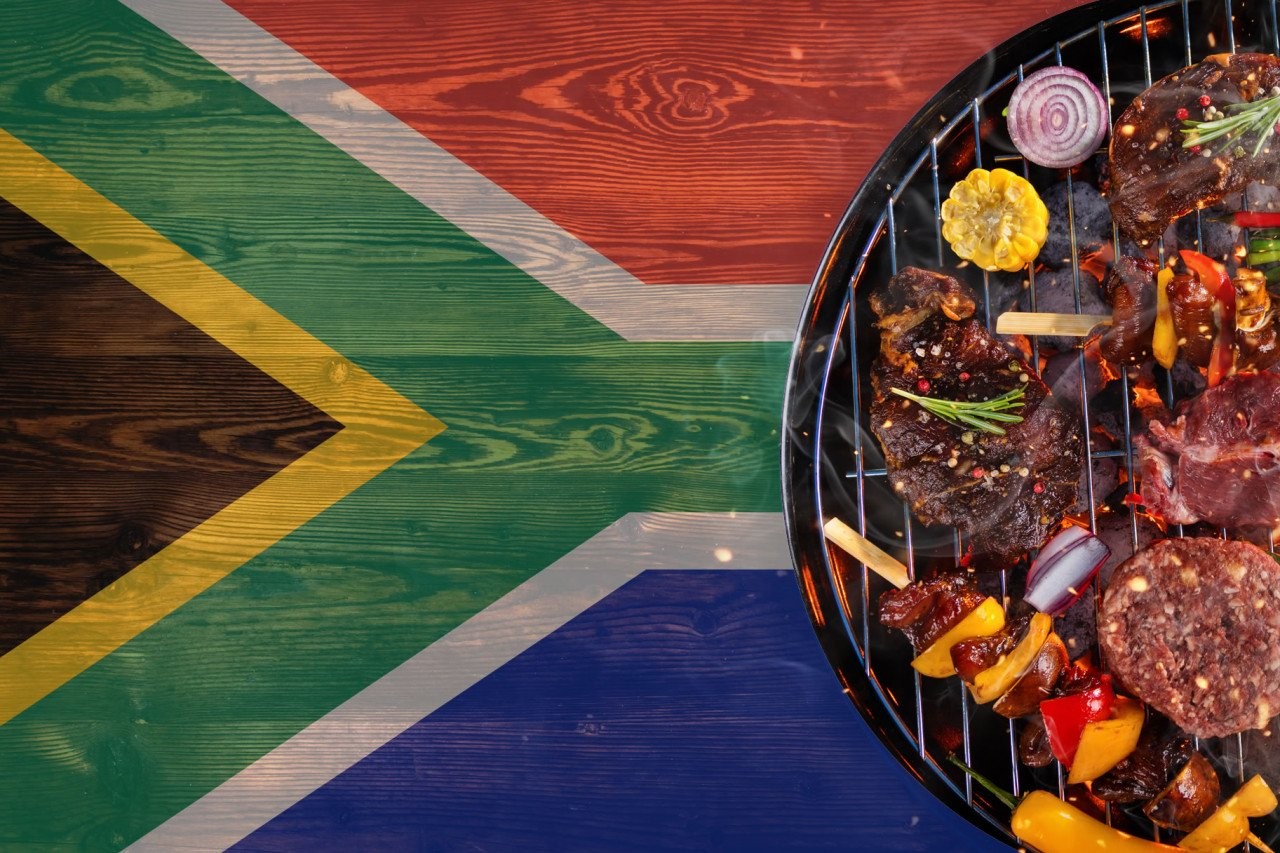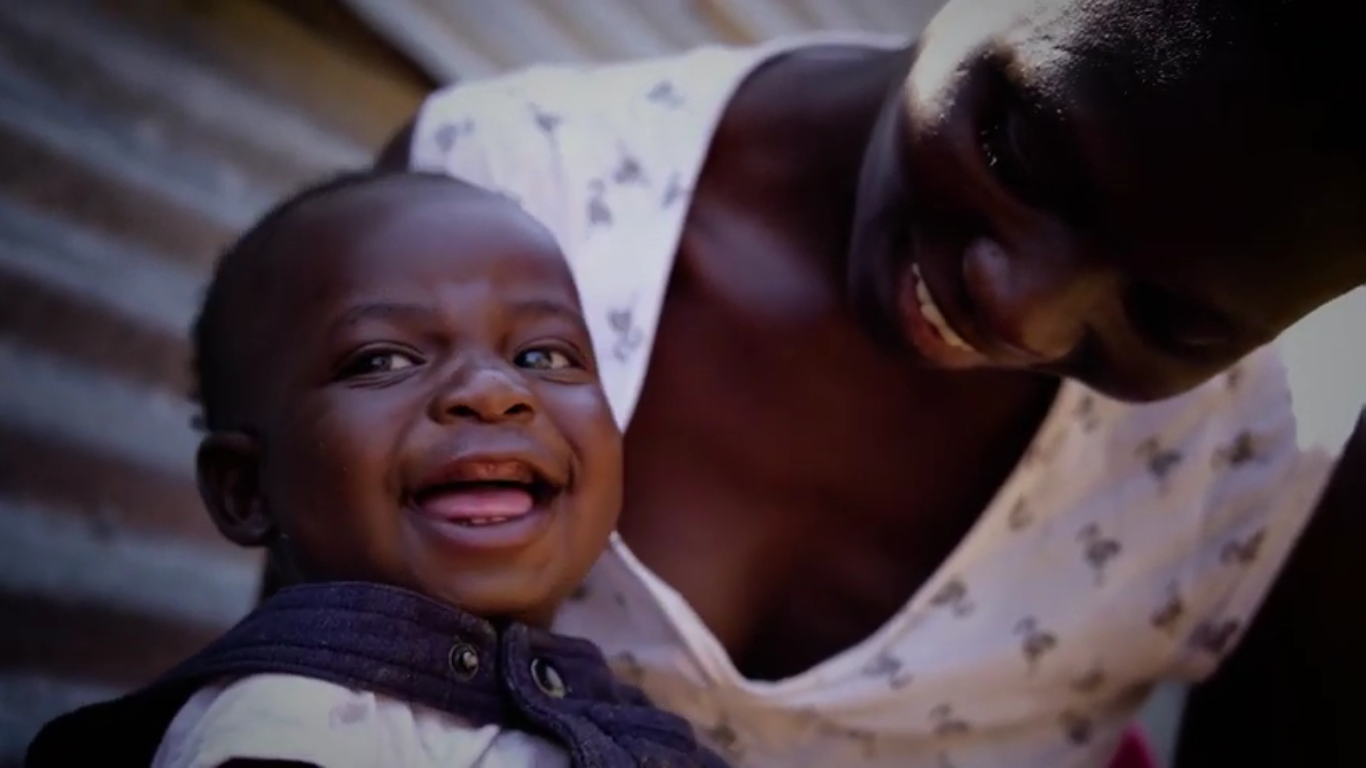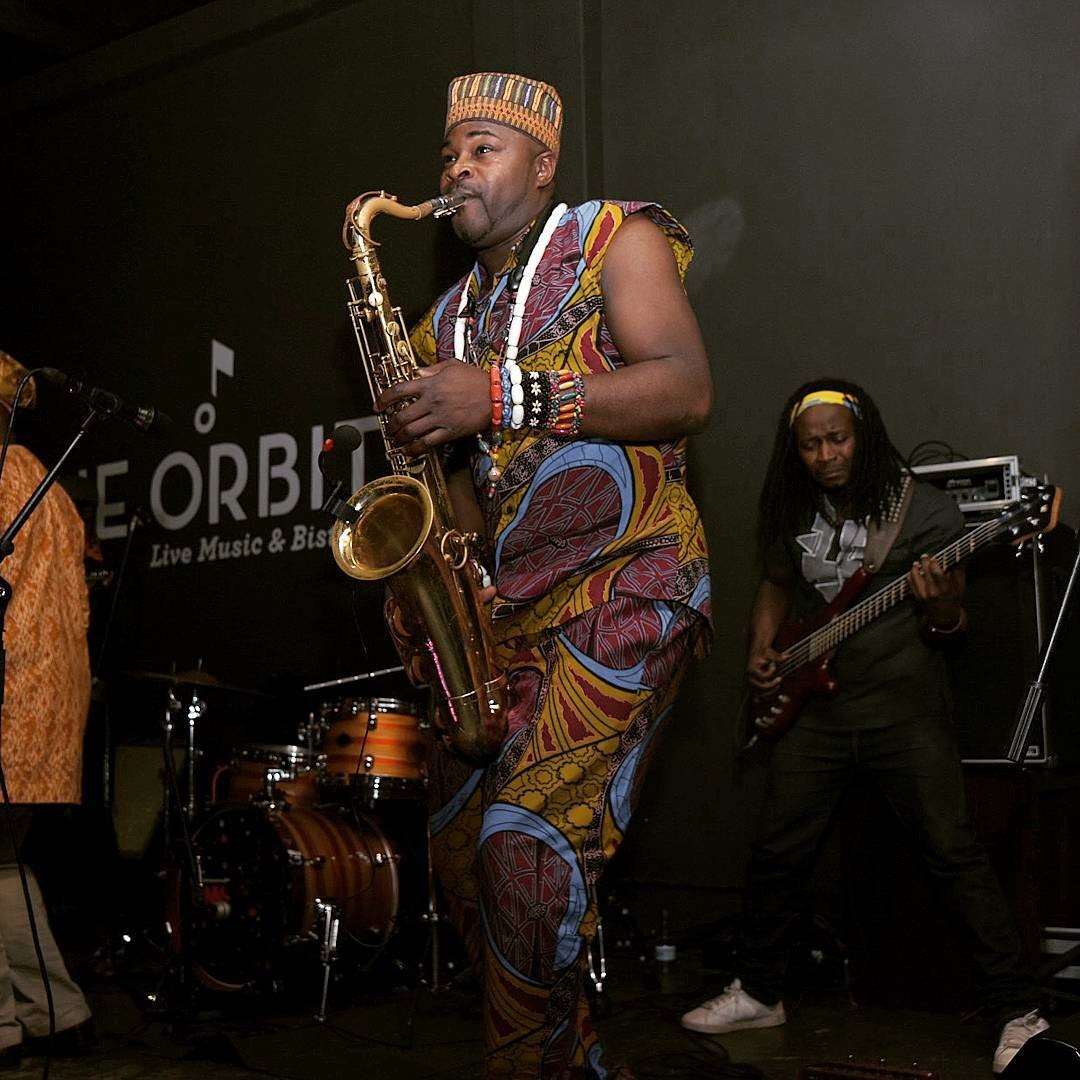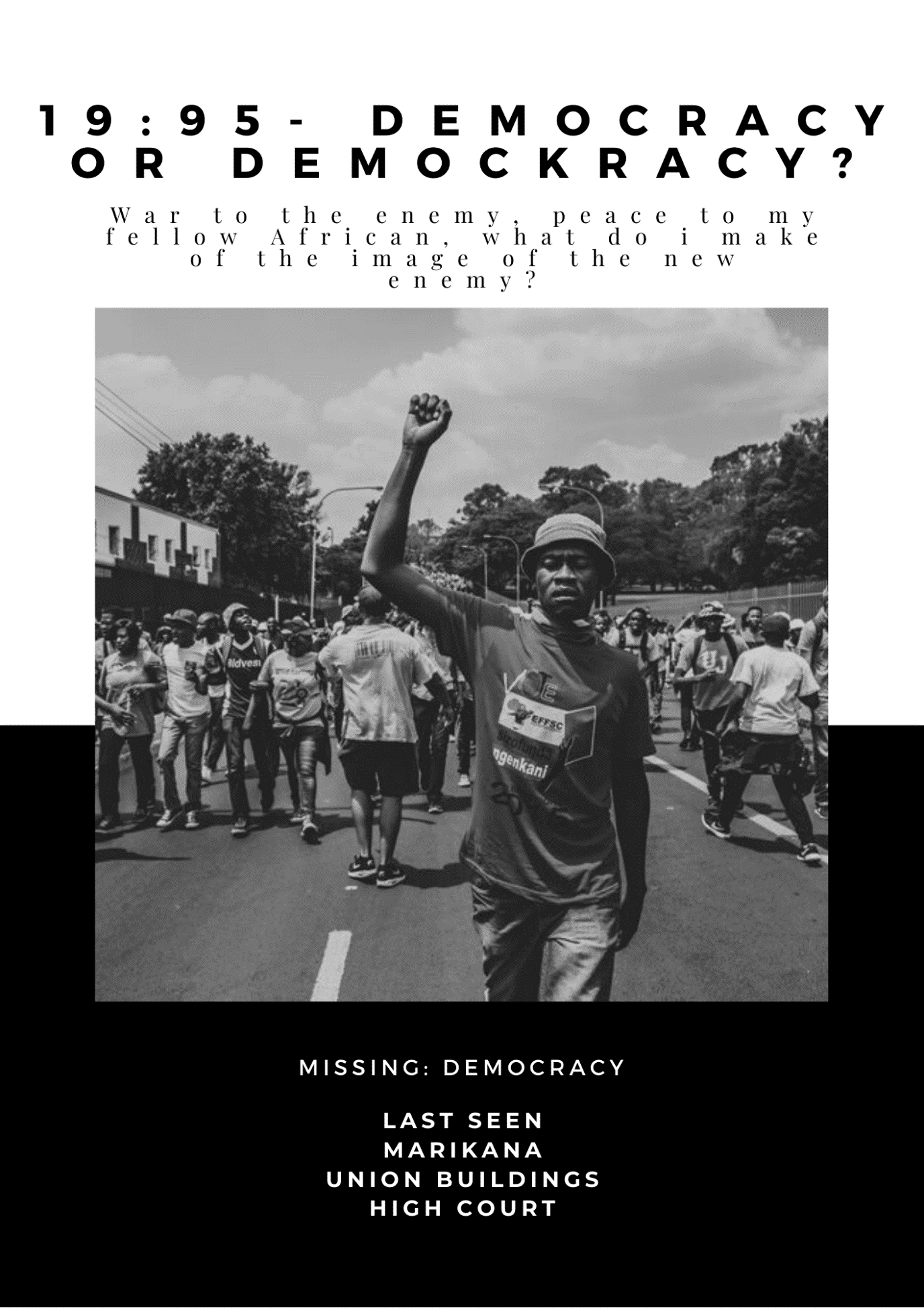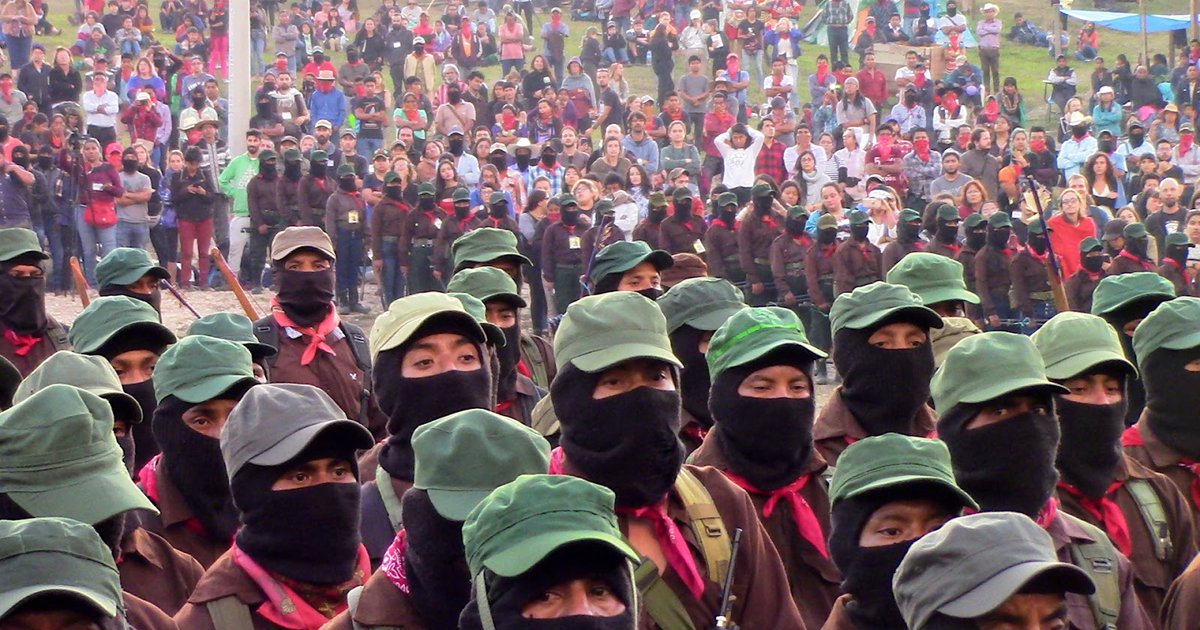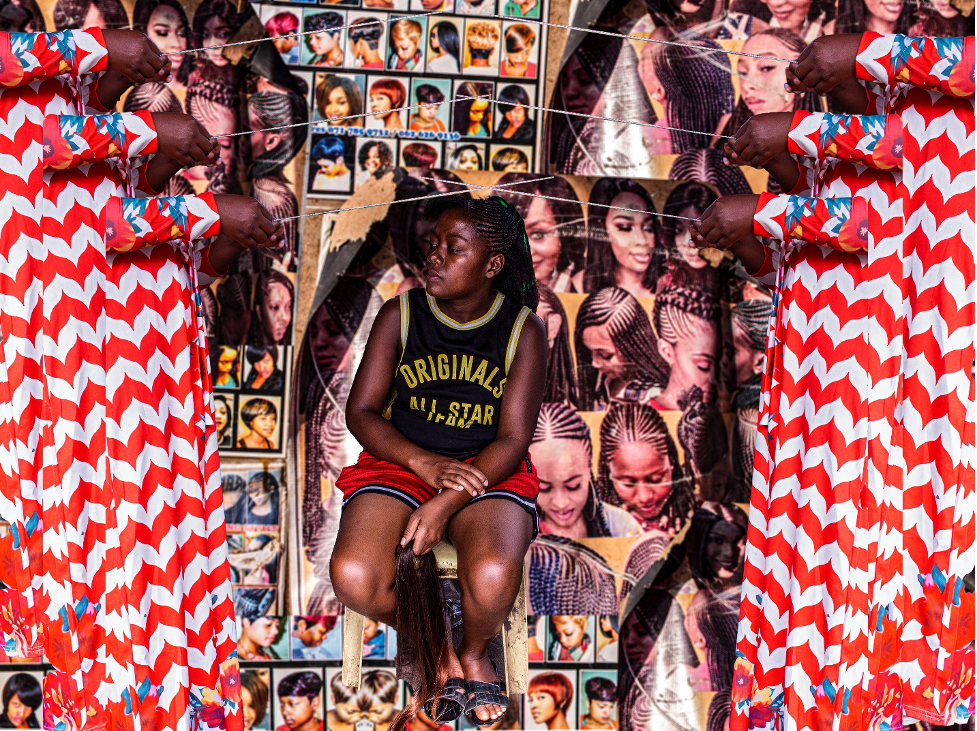When I contemplate returning to Jozi, I often reflect on how many people go there with the hope of building, creating, and succeeding. Among them, we have those who are fortunate, and their things work out as planned, and they get to experience Johannesburg as The City of Gold. However, others arrive in the city and find themselves having to choose between survival and creation. They must forget about flourishing because that’s a luxury they can’t afford. These people experience the other side of The City of Gold, its underbelly.
The artist, the hustler, and the foreigner go there seeking refuge and an opportunity for a better life. Upon arrival, they find that the city has fluctuating moods and unstable temperaments. It's a beautiful and ugly city. As the economic hub of South Africa, Johannesburg’s economic state sells people dreams. Yet, Jozi guarantees nothing. Living here is sometimes exiting and often disheartening. Its weather mirrors its unpleasant social climate. During the rainy season, the downpour leaves the homeless unable to move and hustle, becoming desperate like birds without nests. In winter, the brutal cold penetrates their torn clothes and blankets. A person could freeze to death if they are not resilient enough. In summer, it can get almost as hot as Limpopo. And any attempt to mask the city’s harshness with drugs and alcohol only leads to gradual consumption by the city itself. The city will leave you hollow and unrecognizable that even those who thought they knew you can walk past you on the streets without turning their heads.
In July 2022, I wrote and published “Leaving Jozi”, recounting my final days in the ruthless city and the unfortunate mugging that happened shortly before I left. At that time, the thought of returning to Jozi two years later was inconceivable, not part of any plan, or advisable per the counsel I received. What I find strange is that I was thinking more about returning to Johannesburg when the city collapsed. On July 9, 2023, a methane gas explosion shook Johannesburg downtown. While it was only a gas explosion, witnessing one of South Africa’s old and most legendary cities explode felt like a universal sign and a warning against returning to Jozi.
Subsequent to the gas explosion, more disasters struck in the form of buildings catching fires. On August 31, 2023, a building housing both local and foreign nationals caught fire, claiming the lives of at least 70 people, and injuring 88 others. This was a tragic loss, the cries of the mourners and the wails of the departed echoing throughout the African continent. It served as a reminder of how little human life means in Jozi – muggings ignored, assaults unaided, starvation observed, and madness ridiculed. It became clear that I shouldn't contemplate returning to the city. It was rejecting me and the little plans I had for it.
A few weeks went by. Thoughts of returning to Jozi still lingered. Despite the city’s warning against me residing there, I had the peculiar feeling that there was some light amidst the darkness, that there was something for me there. It was a glimmer, not fully divulging itself to me. The light remained obscure, concealed by my ordeals in the city. Perhaps for someone who had never lived there and was not previously brutalized by the place and its people, then they might be able to see the light better. In my case, I had become partially blind to what other things I could do in this city, and moving to Pretoria slowly revealed that light.
Having been away from Jozi for more than a year, I was able to mentally revisit the city and resurrect old and buried memories. I found myself thinking back to my journey as a writer. I believe that I would not have written anything substantial had I not come to Johannesburg to be a student. Growing up in an environment neglectful of nurturing writing talent, I came to Johannesburg to study towards an accounting degree, but being there unexpectedly reawakened my writing passion. It was here that I encountered people who encouraged me to be serious about my writing. They helped nurture the dormant writer within and embrace that gift. In retrospect, I think I would have suppressed my writing had I gone to another university in a different city.
Initially swearing never to return to Johannesburg, my relocation to Pretoria led to a gradual resurgence of my creative yearnings, an insatiable hunger. I had gone for a long time without reading or writing. On this matter, it wouldn’t be fair to blame Pretoria because if I consider myself a writer, I should be able to read, think, and write from any place or city. Yet, preoccupied by a new corporate role, I did not have time to read or write, which led to frustrations. Having spent most of my life as a writer and a lover of the arts, suddenly stopping felt disorientating. I felt like a foreigner who had just moved to another country, and I was learning the language of that country, the language of a life without creative expression. This was something I couldn’t do.
Determined, I revived my passion, and dived back into books. The first book I bought was Namwali Serpell’s “The Old Drift”, bought from a struggling bookstore that was preparing to cease its operations. As the first book I read after a long time, it was a challenging but necessary read. I then revisited some of my favourite authors. I read Guy De Maupassant's short stories and Richard Wright's “Black Boy”. I got recommendation to try “The Artist’s Way”, but I couldn’t finish the course. I revisited my own published short stories. Gradually, I could feel my creativity resurfacing, birthing new stories to tell. I wrote “Leaving Jozi” to heal from my ordeal and to release some of the intense feelings I still had towards Johannesburg. During this period, I wrote a short story that was featured in Ibua Journal’s first issue of 2023 under the theme of “The Weight We Carry”. I was in a better mental space at this point and motivated enough to apply for the postgraduate creative writing course at Wits University. With all these creative aspirations and plans, I knew that my return to Johannesburg was becoming more imminent.
As a ground for the arts, Johannesburg remains one of the most fundamental spaces any artist can go to for creative growth and experience. Jozi prompted me to live and write authentically, without any plan but driven by a God-given purpose to use my writing to express and make sense of the world.
Successfully returning to Johannesburg will mean that I triumphed over my fear of the unknown and known. With what I already know, returning to Johannesburg does feel like I’m walking back into a dungeon. The city's imposing buildings can corner you and suffocate you if you are not careful. It’s a fast-paced city, and trying to live up to its pace will waste you. However, I choose to focus on the light that glimmered in my absence. The light that makes Jozi a place capable of nurturing your creative dreams. That is the city to which I intend to return. And if the city doesn't show me that light, I should leave just as I have done before and never return to Jozi.

